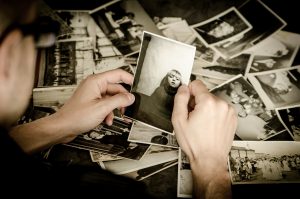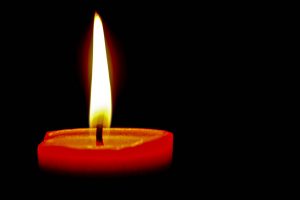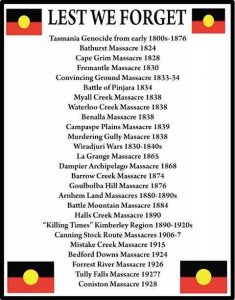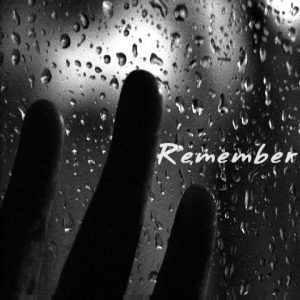You must not mistreat or oppress foreigners in any way. Remember, you yourselves were once foreigners in the land of Egypt.
– Exodus 22:21 –

Part of the problem in reading an ancient sacred text with modern minds is that there is a disconnect and dissonance in context, culture and thought. When reading the Bible, for example, it is easy to revert to a form of fundamentalist literalism that leaves us with naive absolutism. Some may miss the point that in the Hebrew culture “deed was always more important than creed” (Wilson). For example, when Habakkuk speaks of the just living by ‘faith’ (emunah), it implies an unwavering hope or trust that is backed through deed and action, not just an intellectual acceptance of a set of doctrines!
The idea of remembering or to remember (zakar) in the Bible and/or Torah, has to do with far more than just a simple retention of information. Rather, remembering is always accompanied by action. For example, Shabbat, returns every week. She reminds devout Jews that Yahweh is their Creator and Redeemer. Shabbat calls to action and repetitive observance enforces remembrance. There is an emphasis made throughout this sacred text that purposeful remembrance is very important in everyday life, in the nurture of tradition, and in the shaping of worldview. Why this emphasis?

People, or people groups, who forget or deny their past, their story or their language, forget who they really are. Our society’s infatuation with wealth, power and dominion keeps us hyper-active, anxious, and hurriedly forgetful. We, like Gollum in Lord of the Rings, obsessed with the ring of power, forget our name and our story, and with the forgetting we loose all connection with our past and our belonging in this world. We forget that societies that focus on the ‘ring’ seldom find their way back to the ‘Shire’.
The study of history is an exercise in remembering. In the collection of our past narratives, we inform, guide, assist and shape our present and future. To forget history, or deny it, is to cut off our belonging through the corridors of time. All over the world today we find people remembering with purpose: through festivals, marches, holidays and holy days, memorials and solemn ceremonies, traditions and habits … We are made to remember.
Yet to remember is not always an easy task. Looking back we discover that the ancient paths did not just lead through green pastures and beautiful scenery, but there are also times of walking through deserts, storms, and very dark and treacherous moments. It is tempting to remember the good and forget the bad. Many Australian history books have done just that for decades – seeking to sanitise the past and educate another generation in a more palatable rendition of the atrocities committed under Colonial rule. My hope is that we will become far more active in recording an accurate version of what transpires on our fair isle. Our children’s children have a right to remember and lament these current days – where we house refugees in concentration camps and where we have allowed the fear, racism and propaganda spread by those in politics to shape our world.
 From: Myall Creek Massacre
From: Myall Creek MassacreRevising history in order to remember is one thing. Denying it takes us to a whole new level. It is heartbreaking to actively remember the holocaust. For many this path is shut. The grief is too overwhelming. For others the enormity of a horrible event in history can be so unpleasant that denial is preferable. It is much easier to ignore, rationalise or deny what has happened. There is a comfort in numbers and often people find each other and feed the denial. It is easy to pass harsh judgement on those who deny the holocaust, for example, yet many of us stand guilty of historical denial in some manner or other. Sometimes it is the denial of our own personal story.
So as the end of the year approaches, it is often a good time to spend some moments in reflection … to remember. Zakar, to actively remember, helps us to change our ways. The very action requires a transformation. It brings purpose both into our past, present and future. What are some things that happened this year that you would like to remember? In what active way will you do that? How about starting a journal? Begin to actively write down events, people, or circumstances that have made you who you are and that you want to remember. It takes courage to remember. At times there is much pain before there is any healing. May you be brave, dear friend. May you remember.
“Without memory, there is no culture. Without memory, there would be no civilization, no society, no future.” –Elie Wiesel

The difficulty we all face is having a disciplined structure to our lives. We can tend to float through life simply accepting that ‘stuff happens’. We rarely journey to inner space, that quiet place where we have an internal conversation with ourself, and listen to the whispering of the Spirit. This contemplative life does not drive us inward, but empowers us to more openly and fully engage and challenge the contorted and distorted meta narrative of this world.
Yes, I think it takes focused discipline to develop the habit of contemplation. Shutting out the voices that consistently push us into hurry takes time 🙂